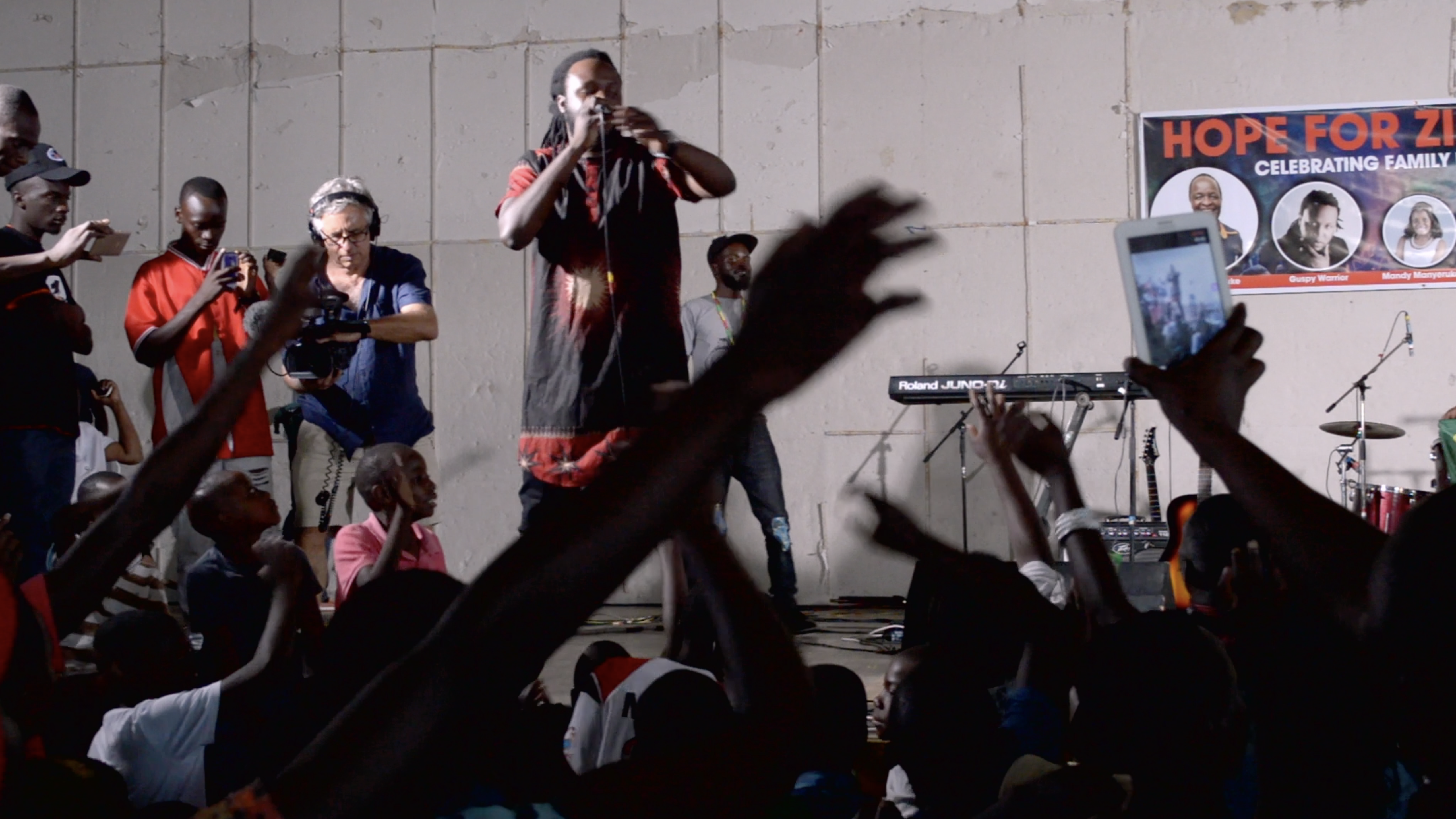Biography
James Ault is an award-winning documentary filmmaker and author educated at Harvard and Brandeis (Ph.D. in Sociology). Originally a student of African politics and cultures, his first film, Born Again, an intimate portrait of a fundamentalist Baptist church in the United States, grew out of field research among grassroots “new right” groups in the in the 1980s. It was broadcast as a national primetime special on PBS and around the world and won a Blue Ribbon at the American Film Festival. His book on that project, Spirit and Flesh (Knopf 2005), was named one of the 5 best non-fiction books of the year by The Christian Science Monitor and called by The Washington Post “The best single-volume explanation of why American fundamentalist Christianity thrives among certain people . . .and why it will not die out.”
Jim has produced and directed (and sometimes shot) documentary programs for the Lilly Endowment, the Pew Charitable Trusts, and other organizations on various subjects—from youth work to running a university, from Latino ministries in the US to life in an African American barbershop and beauty salon.
(Produced with college students while teaching documentary filmmaking. To see the complete piece click here.)
He completed a two-part documentary series on African Christianity filmed in Ghana, Zimbabwe and the United States, considered “the most penetrating and informative material I have ever seen on African Christianity,” by Terence Ranger, doyen of African history at Oxford, “bringing out its vitality and variety without ever sensationalizing or exoticising.” Andrew Walls, founder of The Journal of Religion in Africa and the Centre for the Study of Global Christianity at the University of Edinburgh, calls these two films “striking, powerful and clarifying; they pack more information and present it more tellingly than would vast areas of print.” He has just completed two biographical documentaries following up on that project and carrying important lessons about culture and faith: one on Kwame Bediako, a great thinker of the church in Africa, and another on Zimbabwe’s gospel music legend, Machanic Manyeruke.
Jim has a passion for people and for addressing those challenging differences in culture and worldview that divide them. As a student of culture introduced to documentary filmmaking by pioneering masters of its intimate cinéma vérité genre, he also has a passion for capitalizing on what our “YouTube Age” now makes possible for uses of documentary film in cross-cultural work and higher education. Yet, recognizing the limits of what any film can accomplish in bridging challenging differences in culture, he develops ways of marrying text with film to achieve such goals. He is currently writing a book on his African Christianity project that will, in its e-book edition, have links to video embedded in its text. (For sample chapters click here).
Jim has taught sociology, ethnographic film and documentary filmmaking at Smith College, the University of California, and Calvin College and does workshops on using documentary video in the digital age. (For more see his “Lessons from My Journey as a ‘Politically Incorrect’ Radical” and for CV click here.)
James Ault Productions
We make documentaries that bring viewers into different social worlds through intimate, dramatically compelling stories carefully chosen to reveal those worlds. Our directorial decisions, and our relations with subjects, are based on informed understandings of their worlds. Our stories gain their intimacy through genuine trust built upon such understandings. We portray diverse characters–from homeless people to university trustees, from African healers to hair dressers, from fundamentalist Baptists to gay spouses. Depending on a project’s purpose and budget, we draw on our network of leading documentary cinematographers, sound recordists and editors, to create intimate, engaging documentary works to serve multiple purposes, from short pieces for web-delivery to feature-length films. In some cases I shoot most of the material myself as a crew of one. All our current projects are being shot in HD 16:9.
Personal Story
Every scholar or artist is deeply shaped by people, events and forces in his or her own her own personal journey. For me, growing up the son of a Methodist minister and his wife and partner in ministry was major. Among other things, I realized that the Methodists’ practice of moving pastors from place to place—in our case, from a working-class hamlet in industrial New Jersey, to a commuter suburb, to an industrial city in New England—taught me how to make my way into new communities, adapting to—and noticing—their cultures. In addition, my parents, both from humble backgrounds, set wonderful examples of warmly embracing all people. In their eyes they were all simply children of God.
Another formative experience was the great teachers I worked closely with— Barrington Moore at Harvard with his path-breaking comparative historical approach to studying social reality, and Egon Bittner at Brandeis with his profoundly insightful phenomenological one. In addition to their brilliant insights, their passion, care and respect for both truth, and for others, including their students, set important standards for me. Also, the students gathering around them at this time provided as rich and nourishing a group of fellow-travelers anyone could hope for. They included Karen Fields, Nancy Jay and Fatima Mernissi, dear friends and pioneering scholars in various fields.
Lessons from Africa
The trauma of the Vietnam War at that time gave specific direction to my studies. It convinced me that we Americans poorly understood the social life and politics in what we then called“ underdeveloped” or “developing” countries. (Afghanistan and Iraq demonstrate our persistent deficiencies in this area.) With that in mind, I chose to study African societies, simply because I was then living and studying in London and thought I could most easily travel overland there later that year. Little did I know how life-changing that seemingly arbitrary choice would be, or how my promising academic career, to which I devoted myself, would be unhinged by the “politically incorrect” truths this path would strangely lead me to.
(For a fuller autobiographical essay click here.)


